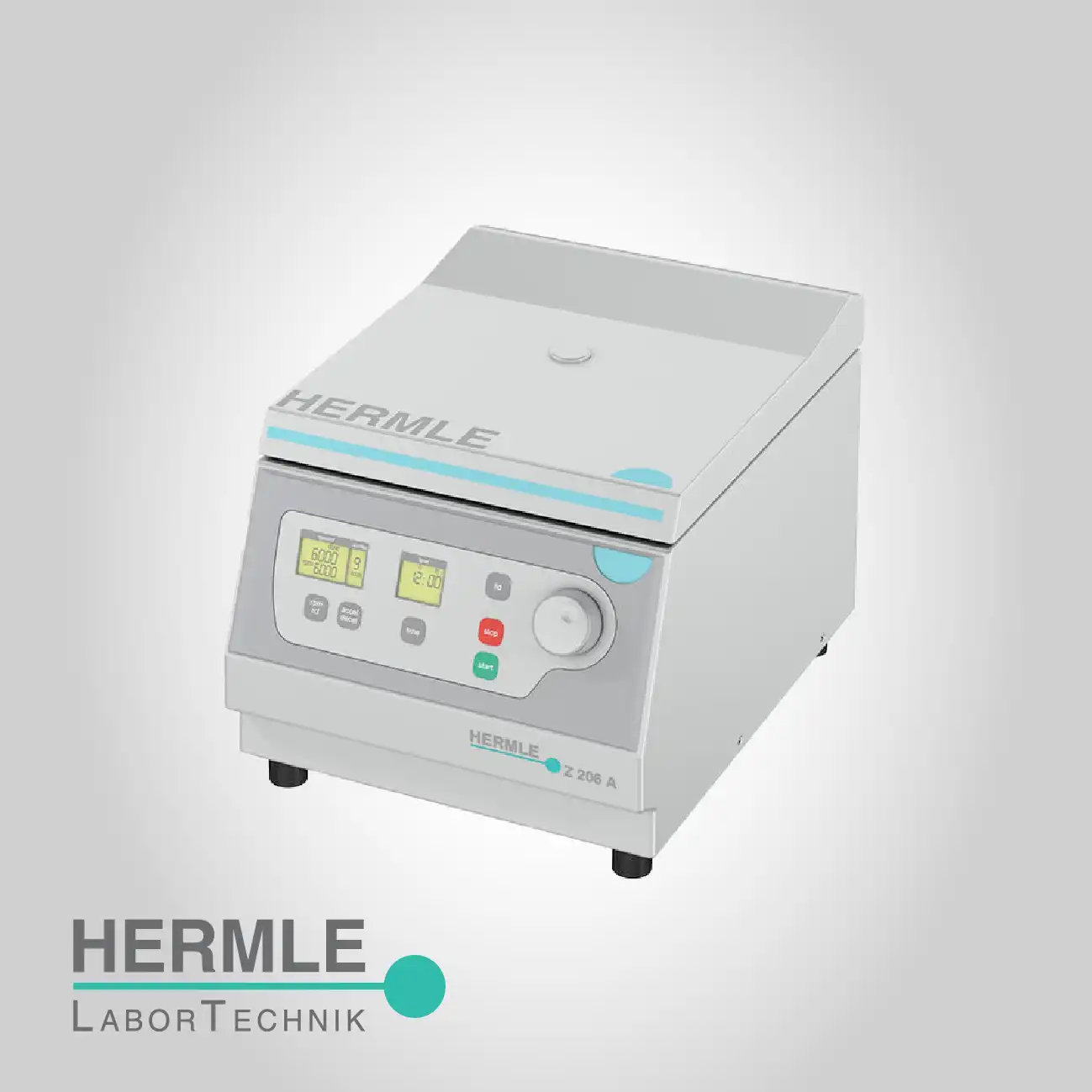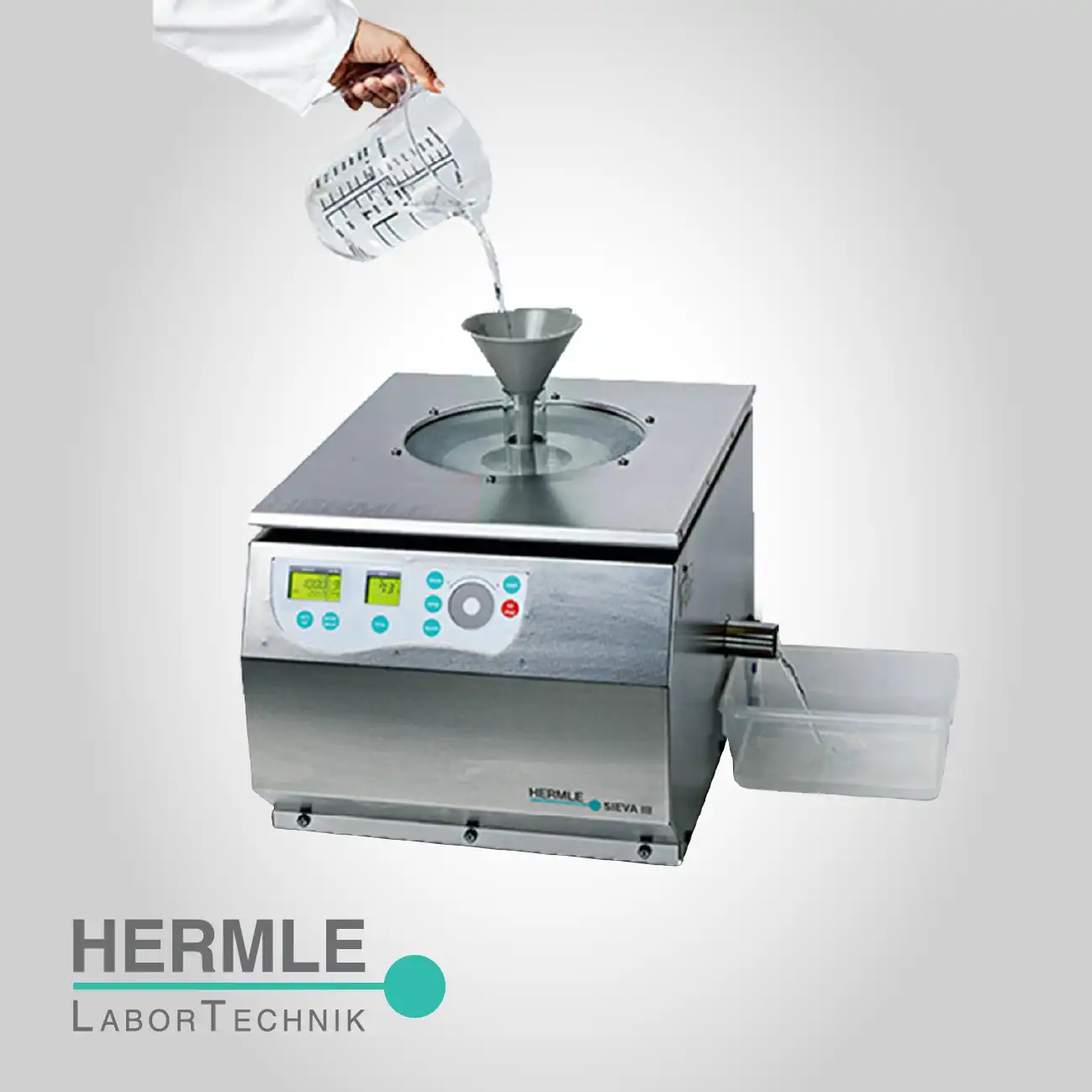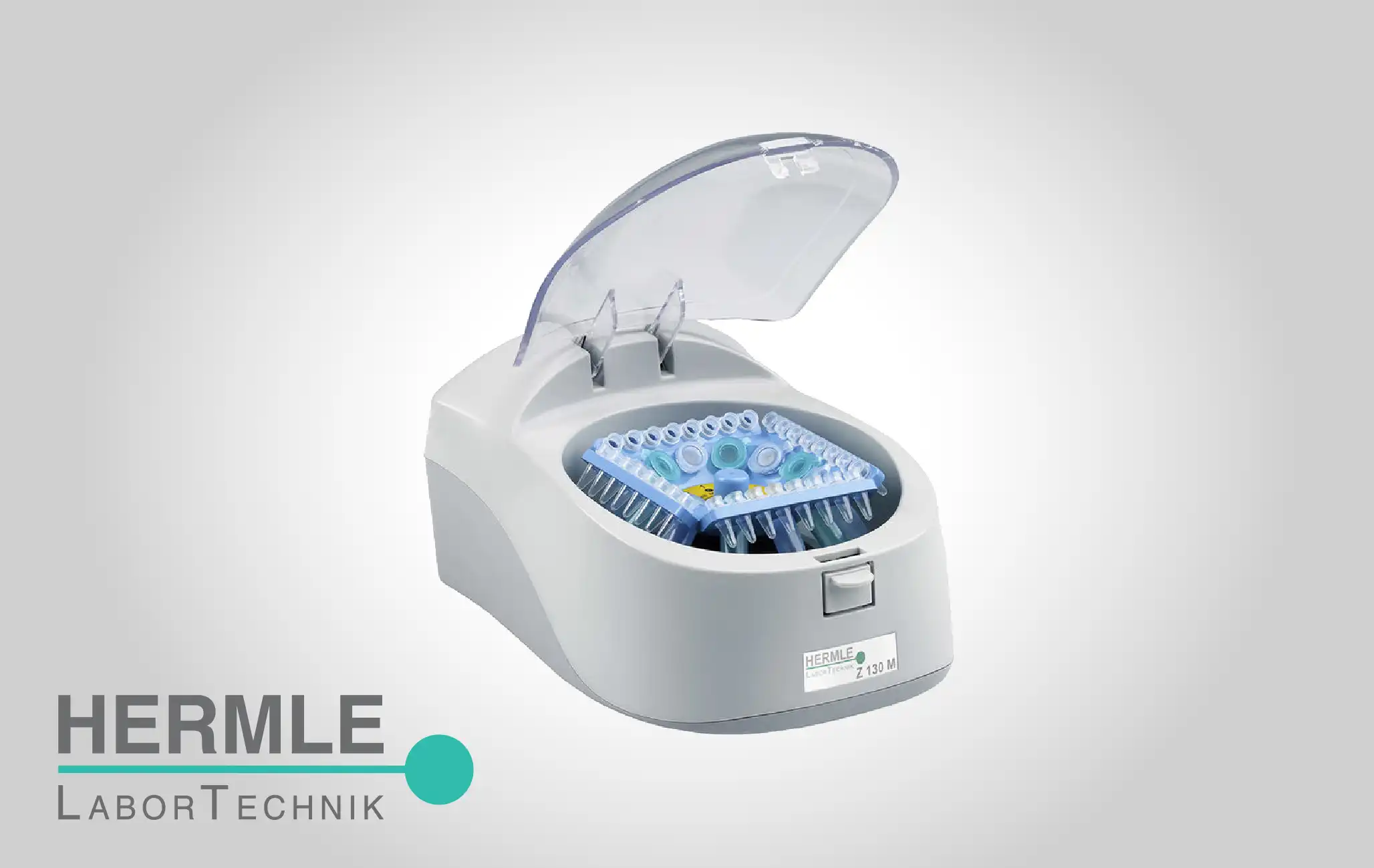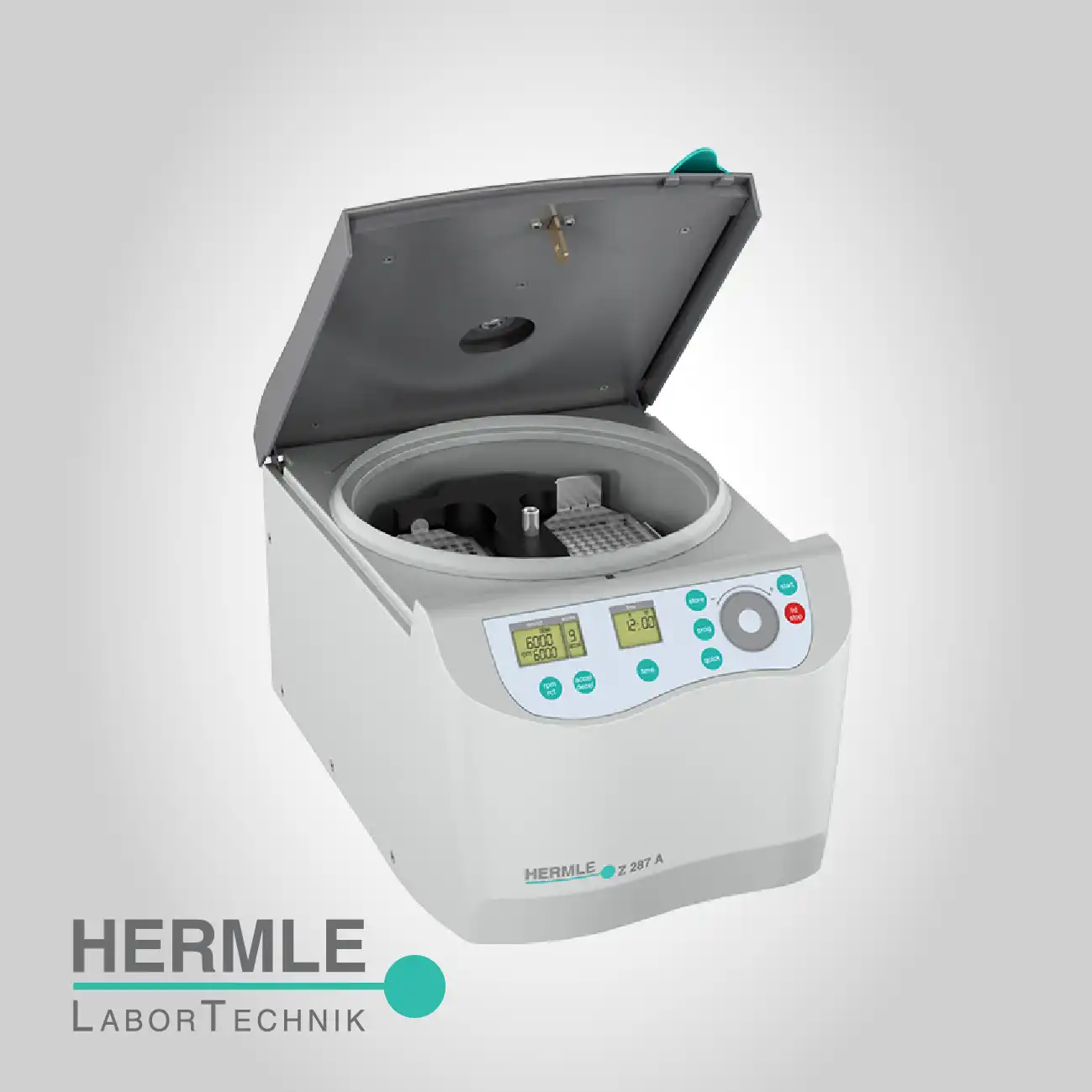
High-Speed Centrifuge
RCF Subcellular Organelle Fractionation
Hermle High-Speed Centrifuges
The primary technical value of High-Speed Centrifuges lies in their ability to generate significantly higher g-forces compared to standard universal models. This elevated force is essential for overcoming the low sedimentation coefficients of sub-cellular fractions, such as mitochondria or small viruses, and for performing rapid clarification of viscous samples. The powerful drive train and robust rotor infrastructure ensure operational safety and precision at these maximum kinetic limits, which is indispensable for advanced fractionation techniques.
Operating at extreme RPM generates substantial frictional heat, necessitating advanced temperature management to protect sensitive samples. Consequently, these centrifuges are typically equipped with high-performance refrigeration systems that maintain precise temperature control even during extended high-speed runs. Furthermore, extensive safety engineering—including reinforced chamber walls and dynamic imbalance detection—is integrated to ensure operational integrity and user safety at the highest possible rotational speeds.
A major challenge in cellular biology is the prolonged time required to pellet fine sub-cellular organelles or achieve sufficient concentration of viral vectors using standard centrifuges. High-Speed Centrifuges solve this by generating RCF values required to rapidly sediment these particles, drastically cutting down protocol time and improving research efficiency in time-sensitive separation steps.
The instability and potential for failure when operating rotors at their maximum speed is a serious safety concern. These centrifuges are built with reinforced components and sophisticated electronic controls that constantly monitor rotor balance and temperature. This engineering ensures maximum operational stability and provides layers of safety protection, allowing researchers to run critical high-g separations with confidence.
Maintaining sample temperature stability, particularly at high friction speeds, is critical for protein stability and enzyme activity. These machines feature powerful, responsive refrigeration systems capable of maintaining near-ambient or below-ambient temperatures even during long, maximum-speed runs, eliminating the risk of thermal denaturation of sensitive biomolecules.
The difficulty of processing multiple intermediate-sized tubes (e.g., 50 ml) at high RCF is common. High-Speed Centrifuges are designed with specialized fixed-angle rotors that accommodate larger analytical volumes while maintaining the high radius necessary for maximum g-force delivery, bridging the gap between small-volume micro-centrifuges and large-batch floor models.
The requirement for reproducible separation is paramount for publishing and regulatory compliance. These models provide highly precise digital RCF and speed control, coupled with accurate temperature logging. This level of parameter control ensures that published protocols can be replicated perfectly, providing verifiable data integrity for peer review.
In laboratories with multiple users and complex protocols, confusion regarding maximum speed limits for different rotors can be dangerous. High-Speed Centrifuges utilize automatic rotor identification systems that limit the machine's maximum allowable speed based on the detected rotor, preventing accidental over-speeding and ensuring operational safety.
Processing viscous or dense samples often requires custom-tailored acceleration and deceleration profiles to prevent sample disturbance. The electronic control systems offer adjustable ramp rates, allowing the user to gently accelerate or brake the rotor. This specialized profile control is crucial for delicate density gradients or separating samples prone to re-mixing.
Frequent maintenance requirements interrupt workflow and increase costs. These centrifuges feature brushless, induction motors, which are inherently low-maintenance and highly durable. This technical choice ensures a long service life with fewer mechanical interruptions, maximizing the operational uptime of the critical high-speed separation capability.
Click here for more information about Hermle Centrifuges












